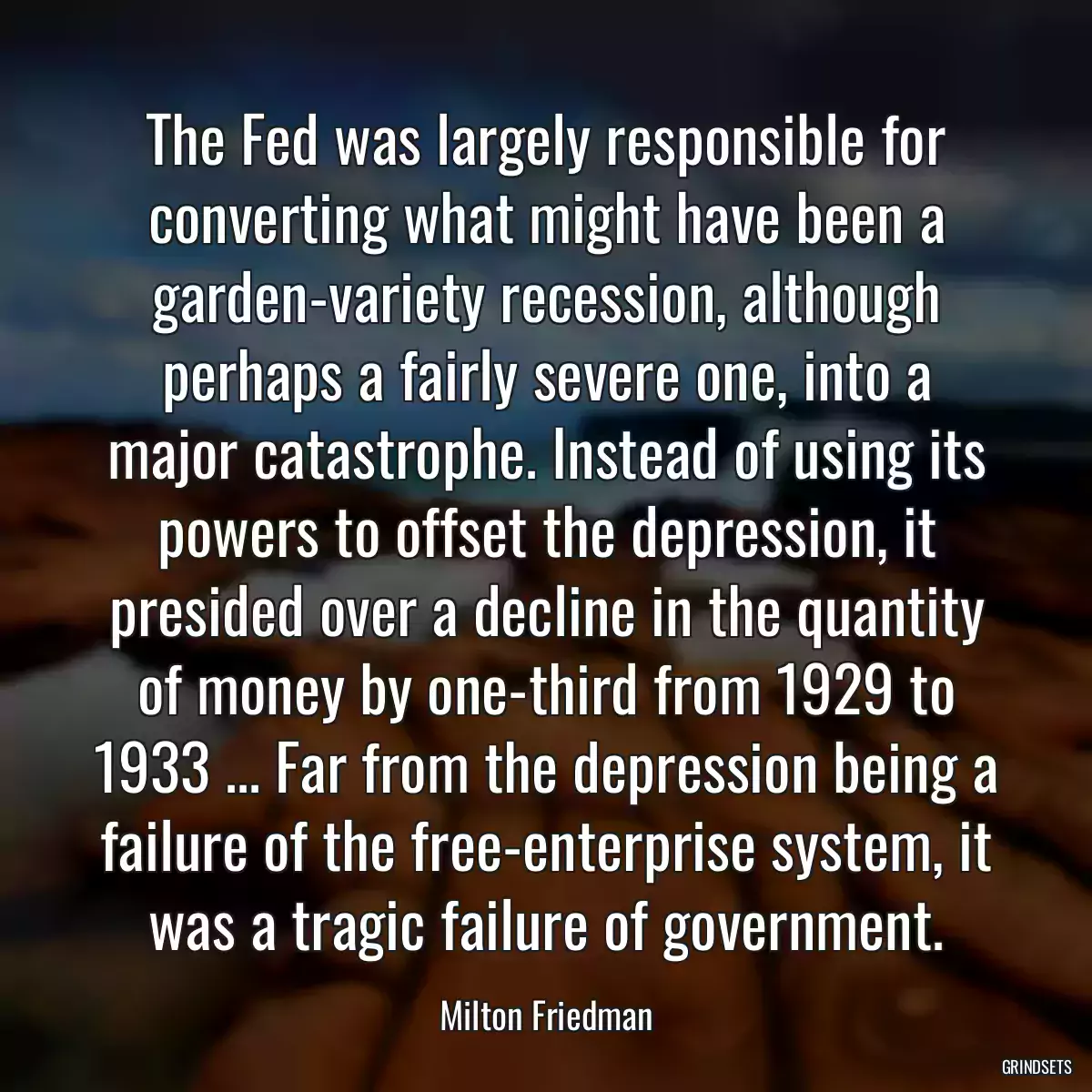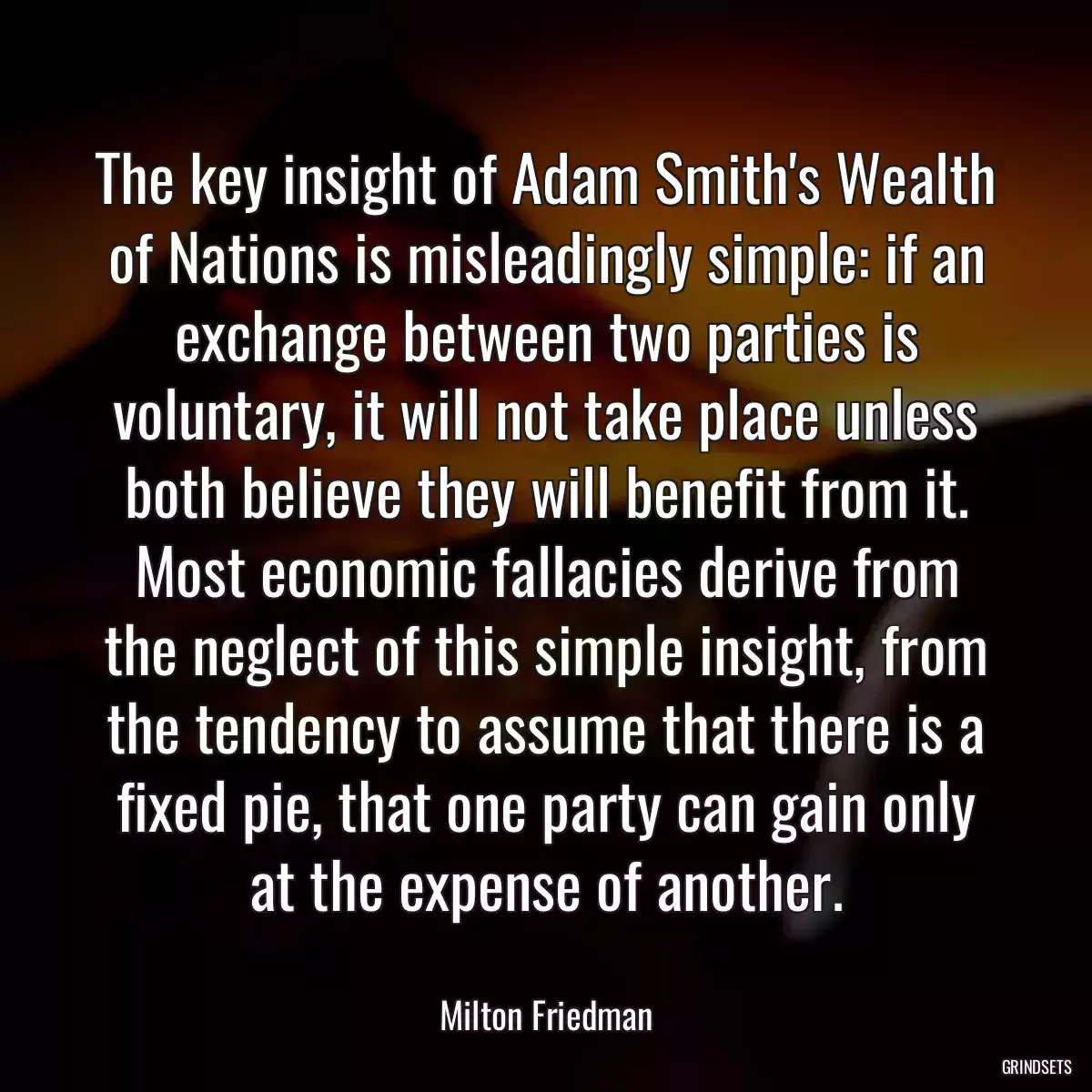
Government power must be dispersed. If government is to exercise power, better in the county than in the state, better in the state than in Washington. If I do not like what my local community does, be it in sewage disposal, or zoning, or schools, I can move to another local community, and though few may take this step, the mere possibility acts as a check. If I do not like what Washington imposes, I have few alternatives in this world of jealous nations.

